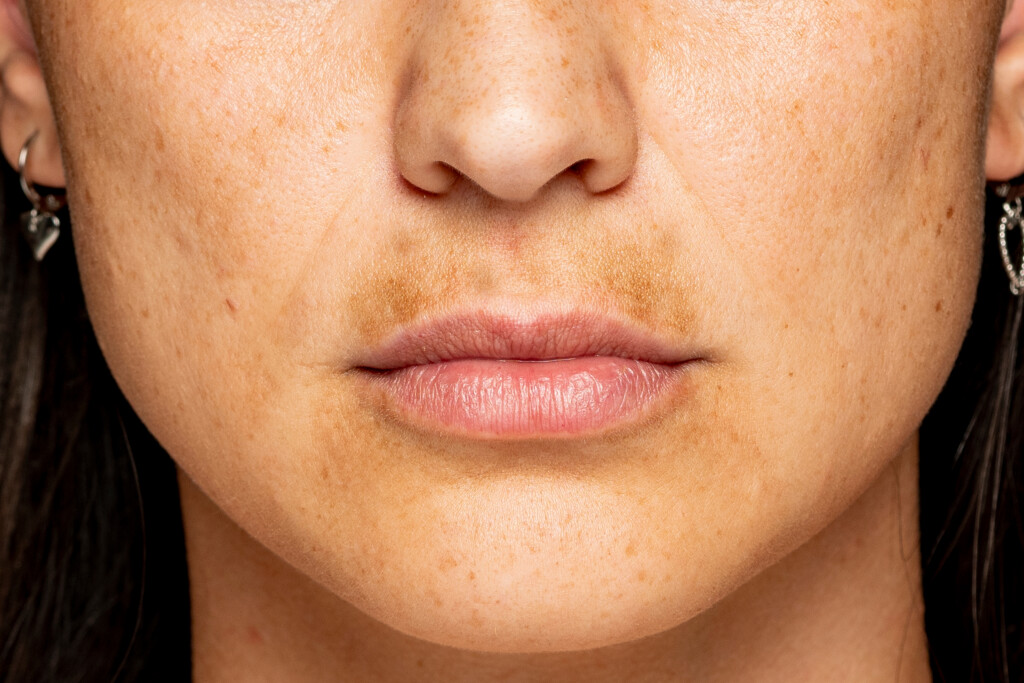The Blog Embrace Brisbane: Ingredients to Fade Melasma and Pigmentation
As you get older, you’ve probably noticed some change in your skin; specifically, those pesky dark patches that pop up for seemingly no reason. All of a sudden you have gone from an even skin tone to something more patchy and it can be a nightmare to get rid of it.
There are a number of different reasons for this sudden change in skin. It could be post-inflammatory hyperpigmentation, or maybe it’s sun damage, or perhaps it could be age spots. But it could also be melasma, which is a little more difficult to treat.
Enter Charlotte Ralph, skincare expert extraordinaire, and our Practice Manager and Skin & Laser Educator for our Stones Corner clinic in Brisbane.
EmbraceBrisbane.com.au had a chat with Charlotte about melasma, and which skincare ingredients can help fade melasma and pigmentation to even out your skin tone.
First of all – what exactly is melasma?
“Melasma is a common skin concern we see in clinic,” Charlotte says. “Melasma is caused by an overproduction of pigment from pigment-producing cells (melanocytes). It is characterised by patches of discolouration and pigment across both sides of the face and can also be seen around the mouth (peri oral melasma), under the eyes (peri orbital melasma) and on the forehead.”

“Treating Melasma is tricky, even in the most expert of hands which is why it is important to seek an experienced professional as treating this condition with standard depigmentation therapies can make it significantly worse.” – Charlotte Ralph
Melasma can only be treated fully and properly by undergoing a series of in-clinic dermal laser treatments, with laser technology very carefully suited specifically for this type of pigmentation. However, there is also homework to be done.
Skincare containing certain ingredients can be used to support the process, and these skincare products are an integral part of the overall treatment plan.
So, which skincare ingredients should we be looking for if we want to help fade melasma at home?
“The best at-home product you could use if you have melasma is sunscreen,” Charlotte stresses. “Finding a daily SPF 50+ that works for you and sticking with it long term will be the best advice I can give.
Other pigment inhibitors or ingredients that inhibit tyrosinase – the enzyme responsible for the first step in melanin production – are azelaic acid, kojic acid, niacinamide and prescription compounds of hydroquinone and tretinoin. My favourite product is Dermaceutic’s Mela Cream, which is available at Contour Clinics Brisbane.”
Want to know more? Read the full article for all of Charlotte’s expert advice on melasma:
Embrace Brisbane: Ingredients to Fade Melasma and Skin Pigmentation

